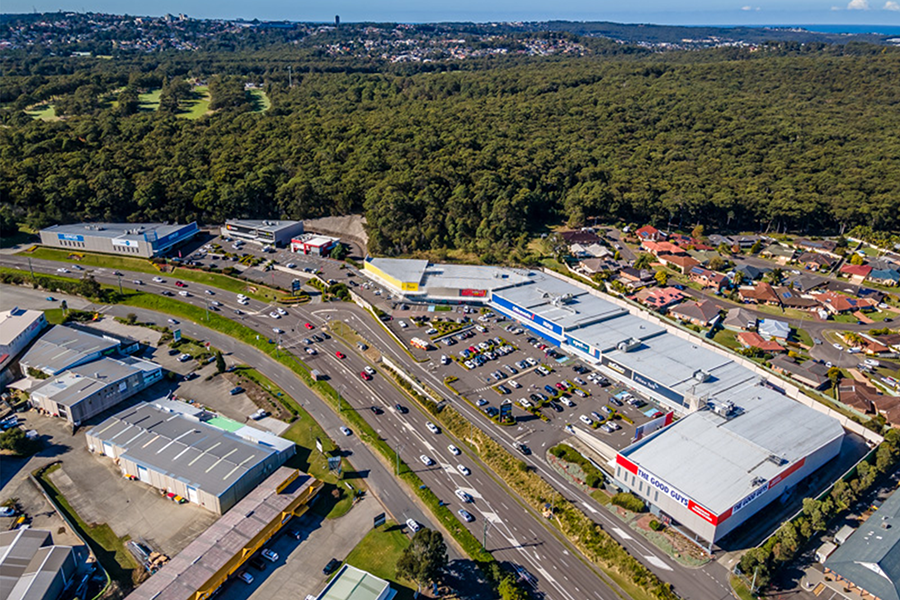The Shopping Centre Council of Australia (SCCA) said shopping centre owners and SME retailers are continuing to make progress on rental assistance discussions and agreements during the COVID-19 pandemic, with more than 6,400 agreements reached within the nine-week period 30 March – 31 May 2020.
The data, drawn from a survey of SCCA members, shows that 6,400 offers, in-principle agreements, or agreements have been reached with SMEs for the provision of rental assistance. This includes more than 1,400 agreements that have been finalised in the two-weeks to 31 May, an increase of almost 20% since the SCCA last surveyed its members, with more than 150 agreements being reached per day.
SCCA Executive Director Angus Nardi said: “Rental relief is getting through to those who need it most. The increasing volume of agreements illustrate that the Commercial Tenancy Code of Conduct announced by the Prime Minister on 7 April 2020 is working, and our industry and SME retailers are reaching practical solutions to address the challenging economic circumstances.
“Pleasingly, nearly half (45%) of the SMEs retailers that have requested rental relief have reached an agreement. But there is more work to do. The SCCA urges SME retailers to review the Code of Conduct, and come to the table with requests that are fair and proportionate to their circumstances.
“While the vast majority of conversations have been productive, there are instances where agreements are taking longer to negotiate. This is often as a result of a lack of documentation to support claims for rental assistance. Nonetheless, shopping centre owners are committed to reviewing and appropriately responding to every rental assistance request to ensure SME retailers can thrive as more Australians return to the shops.”
Approximately 80% of all SMEs have requested rental assistance, highlighting that 20% of SMEs have traded well. SME retail stores in the surveyed shopping centres represent 63% of total stores.
Cafés, food catering and takeaway retail and catering (26%), retail services (e.g. hair, beauty, nails, shoe repairs) (21%) and clothing and footwear (14%) are the sectors that account for the largest proportion of offers or agreements for rental assistance to date, with many of these SME retailers being affected by government gathering and trading restrictions.
So far, New South Wales (32%), Victoria (29%) and Queensland (23%) account for almost three-quarters of offers, with other jurisdictions expected to account for more offers and agreements in the future as negotiations continue following the recent full enactment of the Code of Conduct across all jurisdictions.
The progress in agreements comes as increases in consumer confidence, foot traffic and store reopenings point to improved trading conditions, reaffirmed by the preliminary ABS Retail Data for May which has an uplift of 16.3%.
Nardi said shopping centre owners remain extremely focused on health precautions and protocols, and continue to monitor the latest government advice to ensure the ongoing safety of shoppers and employees.
The survey of SCCA members found:
• More than 6,400 offers, in-principle agreements or agreements for rental assistance have been reached with SME retail stores up to 31 May 2020.
• More than 1,400 in-principle agreements or agreements have been reached in the two-weeks to 31 May (the latest period for which the SCCA has surveyed members).
• This represents 45% of the 14,500 SMEs that have requested rental assistance.
• Approximately 80% of all SMEs have requested rental assistance, highlighting that 20% of SMEs have traded well. SME retail stores in the surveyed shopping centres represent 63% of total stores.





















